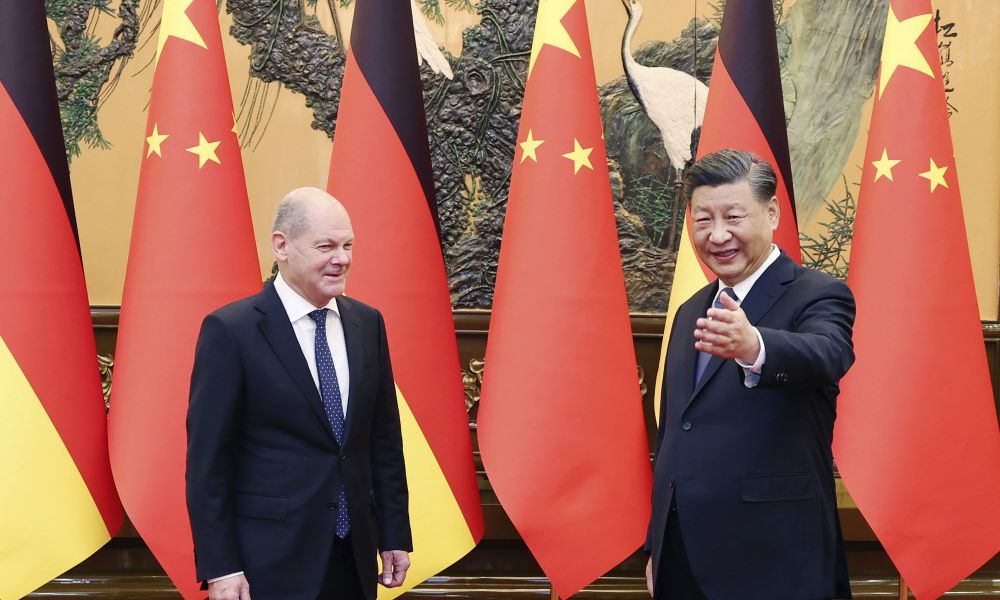Nazir Reda wrote in Asharq Al-Awsat:
The Lebanese government is trying to provide electricity up to 10 hours a day, starting next December, after adopting two financial measures; The first is to increase the electricity tariff for subscribers by about 30 times, in parallel with the agreement with the “Central Bank of Lebanon” to secure hard currency at the price of its “exchange” platform, to import fuel.
Interestingly, the recently agreed solution aims to run production plants running on fuel oil, and not gas, following the failure of the latest Egyptian gas import proposal to operate a gas production facility in northern Egypt. Lebanon.
Sources in the Ministry of Energy told Asharq Al-Awsat that recent efforts have largely succeeded in resuming electricity generation in thermal plants, as the ministry has launched 3 tenders for the oil through the “Directorate General for Petroleum”. purchase of Grade A and Grade Fuel oil and diesel oil B. For the benefit of Electricité du Liban.
The launch of the tender took place after consultations and meetings between the interim prime minister Najib Mikati, the interim minister for energy and water Walid Fayyad, the ministry of finance and the governor of the Banque du Liban, Riad Salameh, who led Fayyad to be informed of the security financing required for the purchase of petroleum derivatives for the operation of the power plants of the Electricity of Lebanon Corporation, reaching a daily power rate of between 8 and 10 hours.
Under the terms of reference, the offers will open in November and the fuel will be delivered between 1 and 10 December. Lebanon has suffered from a severe shortage of electricity since the summer of 2021, in light of the decline in the ability of the “Bank of Lebanon” to secure the dollar to import fuel, while the Parliament has not given the Ministry of Energy an advance of the treasury in favor of the “Electricity of Lebanon” to import fuel. The power plants only ran on fuel supplied by the Iraqi government for a year at a monthly rate, which helped generate electricity for about 4 hours a day, in addition to hydroelectric power plants that power some areas.
The Ministry of Energy is looking for sustainable fuel sources with payment facilities. Sources accompanying the Energy Minister’s visit to Algeria three days ago said the visit was positive in terms of fuel safety, pointing out that “many obstacles have been overcome”, which helps to ensure compliant fuel shipments. specifications with structures for Lebanon to pay for it.
The issue of electricity has long been suspended on financing and guaranteeing financial returns for the purchase of fuel and the management of plants. The price of electricity remained subsidized by the state, until earlier this month, when its tariffs increased about 30 times compared to the past, a measure that the government sees as a solution to overcome the impasse in the supply of energy. electricity, as it will allow self-financing without imposing pressure on the already incapable state budget.
The Department of Energy intends to increase the rate to $ 0.10 per kilowatt hour in the first part; That is, this price depends on the first 100 kilowatts of consumption, while the price above this figure becomes 0.27 cents per kilowatt. The dollar exchange rate is calculated on the price of the “exchange” platform of the “Central Bank of Lebanon”. In this case, the price of a kilowatt in the first half will be around 3000 Lebanese pounds, after it was 80 pounds in the previous bill.
Additionally, Information International said the services will also be billed in dollars. In a report released Wednesday, he said that a home whose monthly consumption reaches 250 kilowatt hours “could have a monthly bill of about one million and 900,000 pounds ($ 50), according to the price of a trading platform,” after the same. the bill was previously worth £ 25,000.
However, “when comparing the generator bill with the bill calculated on the basis of the new state tariff for Electricité du Liban, we find that the tariff for the generators is 130% higher”, according to “International Information”.
Fayyad previously announced that the ministry would begin reading meters in the regions in November and December, and that collection and payment would begin under the new tariff in early 2023. He said: “There we wait, according to the contingency plan, to increase the electricity supply in the short term if the fuel race goes as it should.

